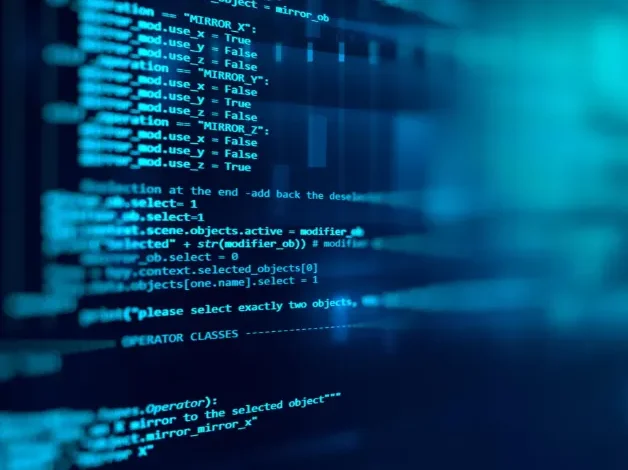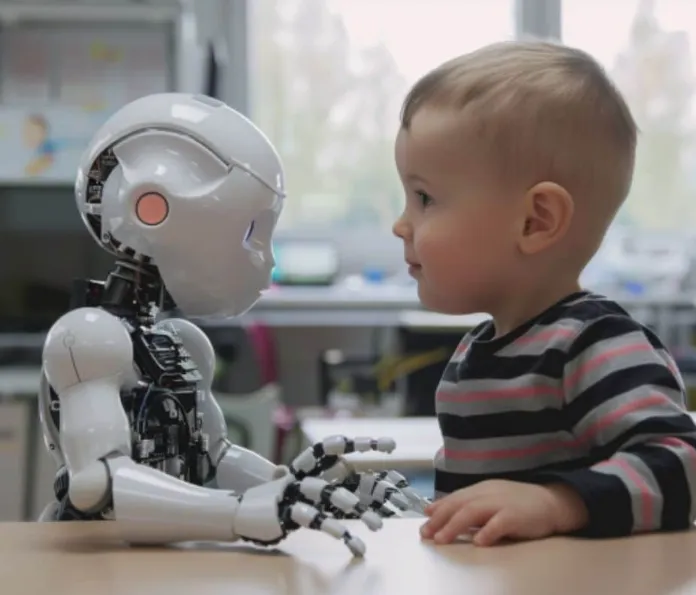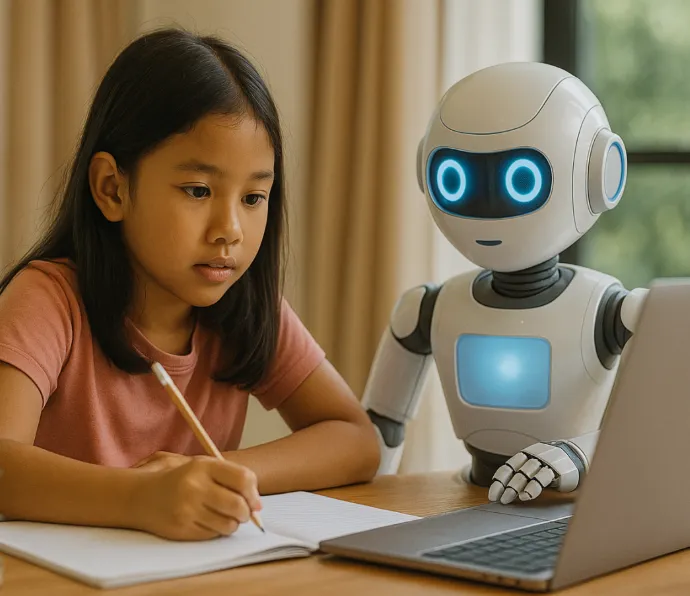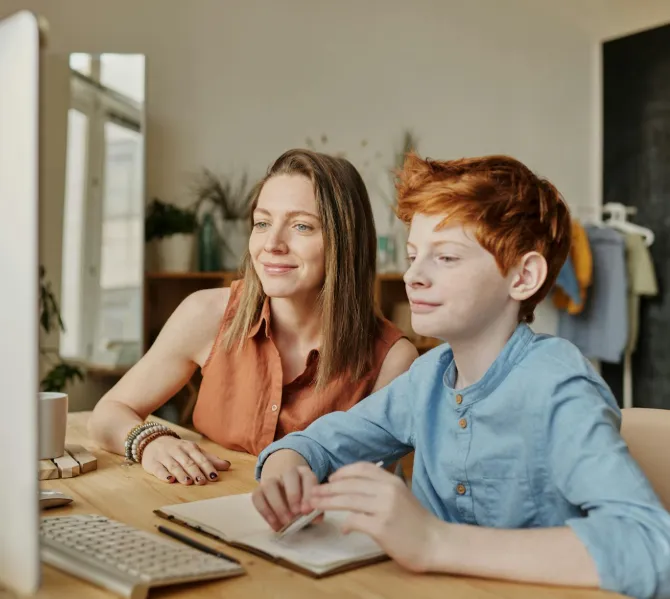How Learning to Code Develops Confidence, Creativity, and Essential Skills for the Future

Coding is an essential skill that shapes the technology around us every day. Whether you’re playing a game, browsing a website, or using a smart assistant, you’re engaging with the result of coding. But have you ever thought about who creates all these tools? It’s coders—people who write instructions for computers to follow. The exciting part is, you don’t need to wait until you’re older or a tech expert to start coding. Even kids can learn to code, and it offers more than just understanding technology. It also helps develop confidence, creativity, and a range of skills that prepare you for a successful future.
Building Confidence Through Problem-Solving
At first glance, coding might seem intimidating, filled with confusing symbols and strange words. However, once you start experimenting and learning how things work, it becomes empowering. You’ll discover that you can tackle problems and find solutions, boosting your self-confidence with every challenge you overcome.
For example, take 10-year-old Aiden, who wanted to create a game where a ninja jumps over lava pits. Initially, his game wasn’t working as expected, and the ninja kept falling. Aiden was frustrated and even considered giving up, but instead, he persevered. After watching tutorials and experimenting, the ninja finally jumped as he had envisioned. The feeling of solving that problem gave Aiden a tremendous sense of accomplishment. It wasn’t about getting everything right the first time; it was about pushing through setbacks and not giving up. Coding teaches us that mistakes are part of learning, and each problem solved builds confidence.
Sparking Creativity
Coding is more than just learning to use computers. It’s about turning your creative ideas into real, shareable projects. Coders use programming to build games, stories, animations, and even music, bringing their imaginations to life.
Consider Lina, a 9-year-old who created a game where a unicorn astronaut flies through space collecting stars. She designed the gameplay, added sound effects, and incorporated special space music, all using a coding platform called Tynker. The idea was uniquely hers, but through coding, she brought it into the world for others to enjoy. This is the power of creativity through coding. You don’t have to wait until you’re older to invent something new—coding allows you to take an idea, break it down into steps, and build something real. It’s a hands-on way to see your imagination take shape.
Preparing for Future Careers
Coding is an incredibly versatile skill that is useful in nearly every career. While you might not know exactly what you want to do in the future, learning how to code will open doors. Why? Because almost every job today involves some form of technology.
- Artists use coding to create digital art.
- Scientists use it to collect and analyze data.
- Musicians code to produce sound effects and beats.
- Game designers bring stories to life through coding.
- Business owners build websites and apps using coding.
Even if you’re not considering a tech-focused career, coding is valuable in all fields, making you stand out as someone who understands how technology works. It gives you essential skills that are highly transferable to any job.
Coding Teaches Valuable Life Skills
When you learn to code, you’re developing skills that go far beyond just technology. Skills like problem-solving, logical thinking, and planning are integral parts of the coding process. These are useful not just in computer-related tasks, but in all areas of life.
Coding teaches you to:
- Break down complex problems into smaller, manageable steps.
- Think logically about how things should work.
- Plan what tools you need and how to use them effectively.
- Collaborate with others to share projects and ideas.
These skills are not only applicable to coding; they also improve your ability to tackle challenges in math, writing, science, and group work at school.
Real-Life Stories of Coders Who Started Young
Sarah, who once worked at a coffee shop with no coding experience, decided to learn programming in her spare time. Over the course of a couple of years, she built websites and learned JavaScript. Today, Sarah is a backend developer at a tech company, a testament to the fact that anyone, no matter their starting point, can learn to code.
Similarly, Miguel, a math teacher, wanted to make his lessons more engaging. He started learning Python and created interactive games and puzzles for his students. His approach became so popular that his class was the most sought-after at the school. Both Sarah and Miguel started their coding journeys just like you can—by taking it step by step.
How to Start Learning to Code
Starting your coding journey doesn’t require fancy equipment or years of experience. There are plenty of resources that cater to beginners and make learning fun. Here are some excellent platforms for kids:
- Scratch: A fantastic place to begin, where you can create games, animations, and stories by dragging and dropping blocks.
- Code.org: Offers courses featuring characters from Minecraft, Star Wars, and Frozen to make learning interactive and engaging.
- Tynker: This platform helps kids learn coding through puzzles and challenges.
- LEGO® Mindstorms: A hands-on tool that lets you build and program robots.
- Micro:bit: A small device that allows you to create real gadgets and projects.
Ideas for Your First Coding Projects
If you’re not sure where to begin, here are a few simple projects to get you started:
- Create a quiz app that tells people their “animal personality.”
- Design a game where a robot tries to avoid falling into a pit.
- Develop an interactive story where the reader chooses the next event.
- Build a music app that plays random beats when a button is pressed.
- Make a timer app to help with tasks like homework or brushing your teeth.
These projects will teach you essential coding skills while being fun and rewarding to share with friends and family.
How Parents and Teachers Can Support Young Coders
If you’re a parent or teacher, you play an important role in a young coder’s journey. Here’s how you can help:
- Encourage exploration: Let them experiment and even make mistakes.
- Celebrate progress: Every small victory is worth celebrating, as it builds confidence.
- Learn together: Even basic knowledge helps, so try to learn alongside them.
- Connect them with others: Join coding clubs or online forums where they can meet other young coders.
With the right encouragement, young coders will thrive and keep developing their skills.
Your Coding Journey Starts Today
Learning to code is more than just acquiring a technical skill. It’s about building confidence, fostering creativity, and preparing for a future where technology plays a crucial role in all careers. The best part? You don’t need to wait until you’re older to start. Curiosity and a willingness to experiment are all you need.
Coding allows you to solve real problems, create incredible projects, and develop skills that are valuable both now and in the future. So, what will you create today? A game, a robot, a website? The future is waiting for you, and it all starts with one line of code.







